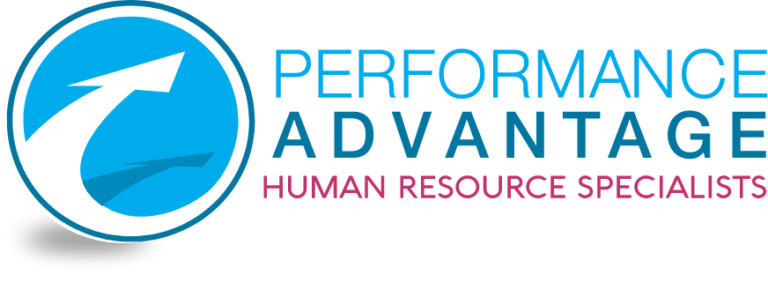In the tough business environment of 2024, where competition is fierce and costs are high, the role of Human Resources Management (HRM) has become increasingly crucial.
Beyond simply hiring and firing, HRM plays a pivotal role in driving sustainable business growth, optimising staff performance, and maximising the return on investment for new hires.
By implementing effective HRM strategies, business owners and employers can cultivate a thriving workplace culture, foster employee engagement, and propel their employers towards long-term success.
One of the fundamental aspects of effective HRM is talent acquisition and recruitment. A strategic approach to hiring involves identifying candidates who not only possess the necessary skills and qualifications but also align with the business’s values and culture. This often just means their personality and attitude towards their work aligns with yours.
By focusing on cultural fit during the recruitment process, employers can reduce turnover rates and enhance employee retention. Beyond that, investing in employer branding and creating a positive candidate experience can attract top talent, giving the organisation or business a competitive edge in the talent market.
Once employees are hired, it is important to nurture their development through continuous learning and training initiatives. Providing employees with opportunities for professional growth not only enhances their skills but also increases job satisfaction and commitment to the business.
Through targeted training programs, employees can acquire new skills, adapt to evolving job roles, and contribute more effectively to business needs. Additionally, fostering a culture of mentorship and coaching can facilitate knowledge sharing and skill development across all levels of the business, big or small.
Effective performance management is another cornerstone of HRM that drives business growth. Establishing clear performance expectations, providing regular feedback, and recognising achievements are essential components of a robust performance management system (something you should already have in place.
By setting measurable goals and KPIs, employees understand what is expected of them and are motivated to excel in their roles. In addition, conducting regular performance evaluations enables managers to identify strengths and areas for improvement, allowing for timely interventions and support when needed.
In addition to individual performance, fostering collaboration and teamwork is vital for business success. HRM plays a pivotal role in creating a conducive work environment where employees are encouraged to collaborate, share ideas, and work towards common goals.
Employee engagement is a key driver of business performance and profitability. Engaged employees are more committed, productive, and innovative, contributing to higher levels of customer satisfaction and loyalty.
HRM plays a central role in fostering employee engagement through various initiatives such as employee recognition programs, wellness initiatives, and opportunities for social interaction.
By prioritising employee well-being and creating a positive work environment, HRM can cultivate a motivated and engaged workforce that is dedicated to achieving goals set by their employer.
Effective HRM practices contribute to a positive employer brand, which can attract top talent and reduce recruitment costs. A reputation as a desirable employer not only enhances the business’ ability to attract talent but also improves employee morale and retention rates.
By investing in employee development, promoting work-life balance, and prioritising diversity and inclusion, HRM can create a workplace where employees feel valued, respected, and empowered to succeed.
When employees feel valued and respected, they value and respect their employers in return. This creates an environment where the goals of an employer and employee are one in the same.
In conclusion, effective Human Resources Management is instrumental in driving sustainable business growth, eliminating poor staff performance, and maximising the return on investment for new employees.
By focusing on talent acquisition, continuous learning, performance management, collaboration, employee engagement, and employer branding, business owners and employers can create a thriving workplace culture that fosters innovation, productivity, and success.
The reason we have gone to the trouble of explaining this to you because we really want to emphasise that each business is powered by its people and Performance Advantage’s goal is helping businesses of all sizes in getting more out of their employees.
If you want to use the power of your people to take your business to new heights, please contact us on 0408 897 079 or suzanne@performanceadvantage.com.au.





